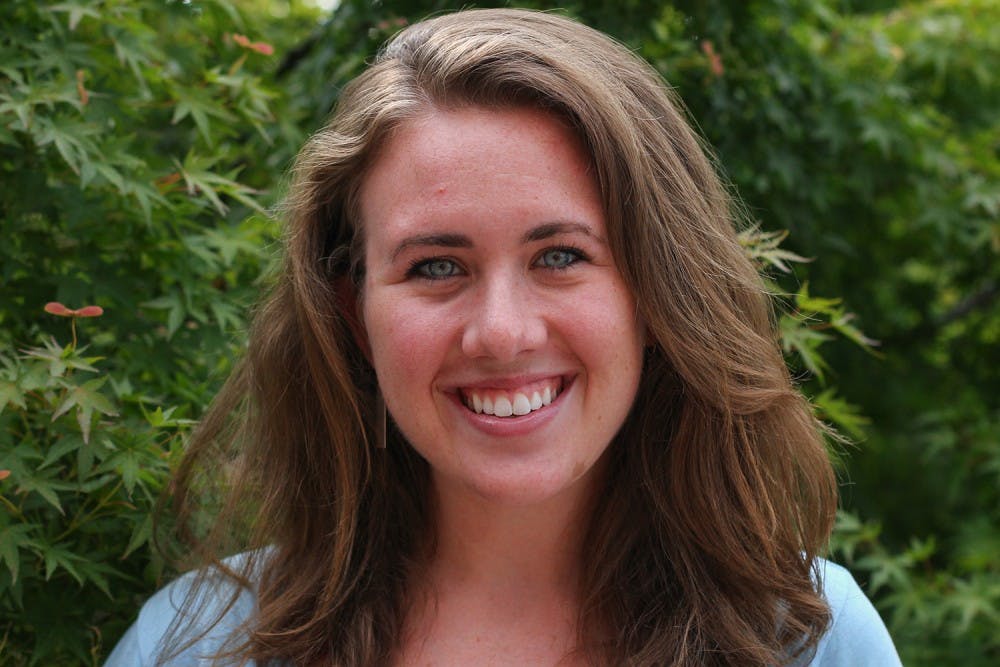Taped to the corner of my computer screen in The Daily Tar Heel office is a sticky note with something Ben Bradlee once said: “Put out the best, most honest newspaper you can today, and put out a better one the next day.”
I wrote down the words of the inimitable Washington Post editor when he died in October, and I’ve read them almost every night since — when it’s late and stories are far from completion, when I stumble upon challenging ethical questions, when it feels like our product might fall short of expectations.
Best and most honest.
The problem is that even the papers that meet Bradlee’s standards at press time sometimes include mistakes. We’ve made many — all of which we regret and many of which seem obvious in hindsight.
Print readers are likely aware of the space on page 2 where we run corrections. I love this newspaper more than anyone should love an inanimate, recyclable thing — but I hate that space and what it means to fill it. It’s my email address that appears on that page, asking readers to contact me with tips, suggestions or corrections.
Many of the people who send me emails attribute our errors to carelessness. But the truth is that we take extreme care to publish honest, accurate information in each paper. Every story is edited by at least three people — and that’s before the copy desk even sees it. This system doesn’t excuse errors by any means, but it does exemplify a few truths about student journalism: We care a lot, we strive for professionalism and we occasionally come up short.
The beauty of Bradlee’s advice is that it suggests the existence of both limitations and possibilities — the two extremes that, in many ways, define student journalism.
The people who run this paper are young. We eat handfuls of M&M’s during meetings and edit stories while consuming too much caffeine. We laugh a lot and sleep too little. We’ve never had this job before, and we’re learning to do most things as we go. We’re limited by that.
But because we’re young, we’re also earnest and idealistic. We see journalism as a public good, stories as things that should be shared and the world as something worth changing. Every day, we have a set of pages to fill with informative, accurate content. Possibilities are endless.




